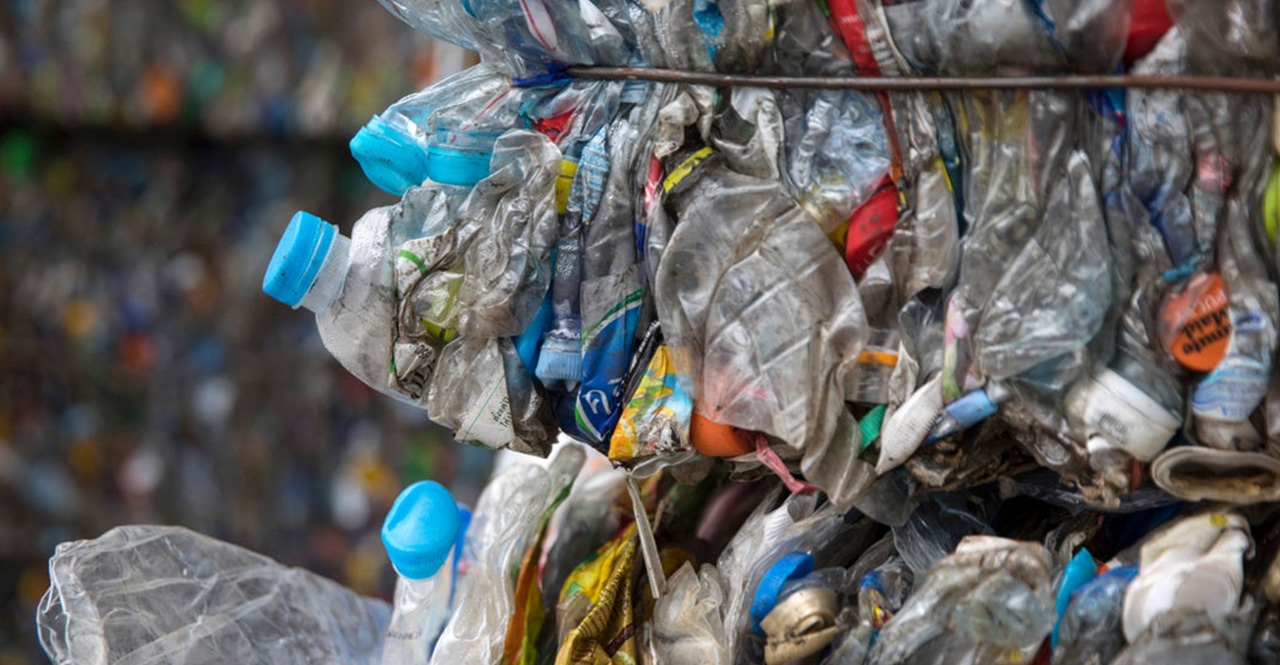Checking Out the Significance of Reclaim Waste in Sustainable Waste Administration Campaigns
In the world of lasting waste management, the concept of recovering waste emerges as a crucial component that requires focus and consideration. As we navigate the intricacies of contemporary waste disposal practices, the significance of redeeming waste reveals a nuanced method to mitigating ecological influence and promoting a more lasting future. By taking a look at the elaborate interaction between waste reclamation and lasting waste administration initiatives, we start to decipher a narrative that expands past conventional garbage disposal techniques. Through a lens that focuses on resource effectiveness and environmental conservation, reclaiming waste uses a compelling opportunity for addressing pressing ecological obstacles while leading the way for ingenious solutions in the world of waste management.
Importance of Reclaiming Waste
Why is recovering waste crucial in lasting waste management practices? Recovering waste plays a critical function in lasting waste management by lowering the amount of waste sent out to garbage dumps, saving natural resources, and decreasing ecological influence.
In addition, redeeming waste promotes a circular economic climate where materials are reused and recycled continually, advertising a much more effective and sustainable use sources. It likewise contributes to the creation of green tasks and economic growth in the recycling and waste administration industry. By including waste improvement methods right into waste administration techniques, neighborhoods and companies can relocate in the direction of a more lasting future, where waste is checked out not as a worry yet as a valuable source.
Advantages for the Environment
In the world of sustainable waste management, the practice of redeeming waste not only conserves all-natural sources and lowers waste sent to landfills however likewise produces substantial benefits for the environment. By redeeming waste products, such as metals, glass, plastics, and raw material, the ecological impact of source removal and production is reduced (Reclaim Waste liquid waste removal). This leads to reduced power usage, reduced greenhouse gas emissions, and reduced levels of air and water contamination connected with extracting basic materials
In addition, recovering waste helps in the conservation of biodiversity and all-natural habitats. It minimizes the requirement for landfill room, thereby reducing land degradation and habitat destruction. In addition, the process of redeeming waste usually entails recycling and repurposing materials, which in turn decreases the demand for new products and the connected power and sources required for their manufacturing.
Contribution to Round Economic Climate
Playing a pivotal function in cultivating sustainability and resource performance, reclaiming waste makes a substantial contribution to the circular economic situation. By reestablishing disposed of materials back right into the production cycle, reclaiming waste reduces the demand for virgin resources, thus lowering the total ecological impact of resource removal and intake. This procedure lines up with the principles of the circular economic climate, which stresses maximizing the worth and utility of sources with closed-loop systems.
Moreover, reclaiming waste promotes innovation and encourages the advancement of brand-new innovations and processes for recycling and upcycling materials. This not only reduces waste sent out to garbage dumps but additionally creates brand-new economic possibilities by producing secondary resources for manufacturing sectors. Because of this, redeeming waste helps to create an extra sustainable and durable economic situation that is less reliant on scarce sources and prone to disturbances in the supply chain. Ultimately, by incorporating waste recovery practices right into waste management communities, companies and efforts can actively add to constructing an extra regenerative and round economic climate.
Lowering Landfill Waste

Education and understanding projects on appropriate waste disposal and the relevance of minimizing, recycling, and recycling can likewise play a vital role in decreasing landfill waste. By focusing on the reduction of garbage dump waste, lasting waste monitoring practices can be boosted, leading to a healthier setting and economy.

Future Ramifications
Thinking about the rapid advancements in modern technology and advancing ecological challenges, the future implications of lasting waste management are positioned to transform current techniques. The adoption of innovative modern technologies such as man-made intelligence, Web of Things (IoT), and blockchain can greatly improve waste monitoring, arranging, and recycling processes. These developments make it possible for real-time tracking of waste streams, recognition of recyclable materials, and boosted effectiveness in source allotment.
Moreover, the shift in the direction of a circular economic situation model, where resources are recycled, recycled, or upcycled, will certainly become progressively widespread. This shift not only reduces the reliance on virgin products but likewise decreases waste generation, resulting in an extra environmentally pleasant and lasting waste administration technique.
Furthermore, the combination of lasting waste monitoring practices into wider sustainability schedules is expected to acquire traction. Liquid waste removal. Organizations and governments worldwide are acknowledging the importance of waste reduction and recycling in combating climate modification and advertising a round economic climate. Therefore, plans right here and regulations supporting sustainable waste management efforts are likely to end up being a lot more rigid, driving sectors in the direction of more green practices
Conclusion
In verdict, the relevance of reclaiming waste in sustainable waste administration campaigns can not be overstated. By redeeming waste, we can lower ecological impact, add to a round economy, and reduce landfill see this site waste.
By taking a look at the intricate interaction between waste recovery and lasting waste administration efforts, we begin to unravel a narrative that extends past traditional waste disposal techniques. Reclaiming waste plays an essential role in lasting waste management by reducing the quantity of waste sent to landfills, preserving natural resources, and reducing ecological influence. By integrating waste reclamation techniques into waste management services, communities and methods can relocate towards a more sustainable future, where waste is watched not as a concern yet as a beneficial source.

Comments on “Navigating Liquid Waste Obstacles with Reclaim Waste Melbourne's Competence”